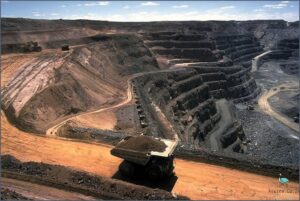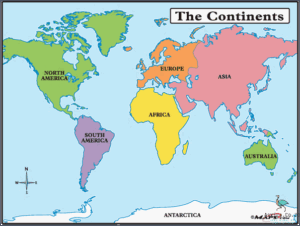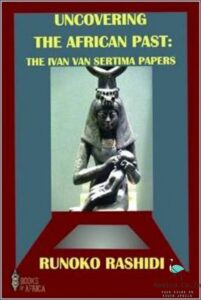
Africa is a diverse continent with an estimated 2,000 languages and dialects spoken across its 54 countries. With such linguistic diversity, it is no surprise that there is regional variation in the number of languages spoken. This article will look at which region of Africa has the most language diversity. It will explore the various factors that contribute to the linguistic landscape of a particular region and the implications of this linguistic diversity on the people who inhabit the area. Additionally, it will explore the strategies employed by African governments to ensure the preservation of these linguistic traditions. Finally, it will discuss the role of international organizations in promoting the use of African languages.
Contents
Which Region Of Africa Has The Most Language Diversity
Africa is often referred to as the "cradle of humanity" and is renowned for its rich cultural heritage, which is evident in its vast linguistic diversity. The region of Africa with the most language diversity is West Africa. This region is home to over one thousand languages, with some estimates suggesting that up to two thousand languages are spoken in the region. These languages span a variety of different language families, including Afro-Asiatic, Niger-Congo, and Nilo-Saharan, making it the most linguistically and culturally diverse region in Africa. West Africa is also the most populous region in Africa, and its language diversity is further enhanced by the large number of migrants and refugees who have settled in the region over the years. Furthermore, the region has a long history of trade and cultural exchange, which has resulted in an even greater diversity of languages in the region.
Discussion of the various language families found in Africa
Africa is a continent with an incredibly rich linguistic landscape. With more than 2000 languages spoken, it is the most linguistically diverse region in the world. While many of these languages belong to the same language families, there are a wide variety of distinct language families found in Africa.
One of the most prominent language families in Africa is the Niger-Congo language family. This language family is the largest in Africa, and includes the majority of Bantu languages, as well as the languages of the Niger-Congo region itself. It is estimated that around 1500 languages belong to this family. This language family is mostly found in the western and central parts of the continent, with some presence in southern Africa as well.
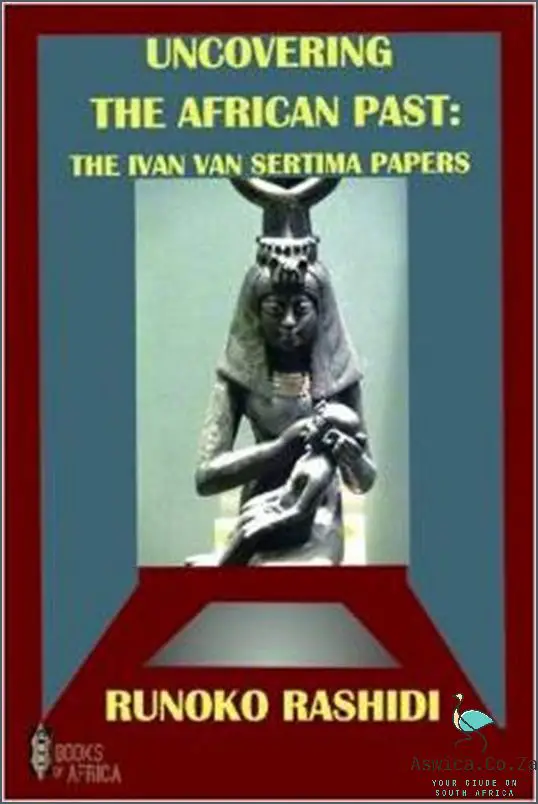
The Afroasiatic language family is another widely spoken language family in Africa. This language family is divided into six branches, including Semitic, Cushitic, Berber, Egyptian, Chadic, and Omotic. It is estimated that around 400 languages belong to this family. The Afroasiatic languages are spoken across the continent, with the highest concentration in the Horn of Africa, North Africa, and the Sahel region.
The Nilo-Saharan language family is another major language family found in Africa. This language family is made up of around 200 languages, and is primarily spoken in the eastern and central parts of the continent. The Nilo-Saharan languages are also found in parts of East Africa and the Nile Valley.
The Khoisan language family is another major language family found in Africa. This language family is made up of around 50 languages, and is primarily spoken in the southern and central parts of the continent. The Khoisan languages are mostly found in the Kalahari Desert and surrounding areas.
In addition to these major language families, there are also a variety of other language families found in Africa. These include the Austronesian, Austroasiatic, Sino-Tibetan, and Afro-Asiatic language families, among others. Each of these language families has its own unique linguistic characteristics, and is found in a specific region of the continent.
In conclusion, Africa is a continent with an incredibly rich linguistic landscape. With more than 2000 languages spoken, it is the most linguistically diverse region in the world. While many of these languages belong to the same language families, there are a wide variety of distinct language families found in Africa, including the Niger-Congo, Afroasiatic, Nilo-Saharan, Khoisan, Austronesian, Austroasiatic, Sino-Tibetan, and Afro-Asiatic language families. Each of these language families has its own unique linguistic characteristics, and is found in a specific region of the continent.
Exploration of the regions of Africa with the most language diversity
Africa is a continent that is rich in both culture and language. With over 2,000 languages spoken across the continent, it is incredibly diverse in terms of its linguistic heritage. But which region of Africa boasts the most language diversity?
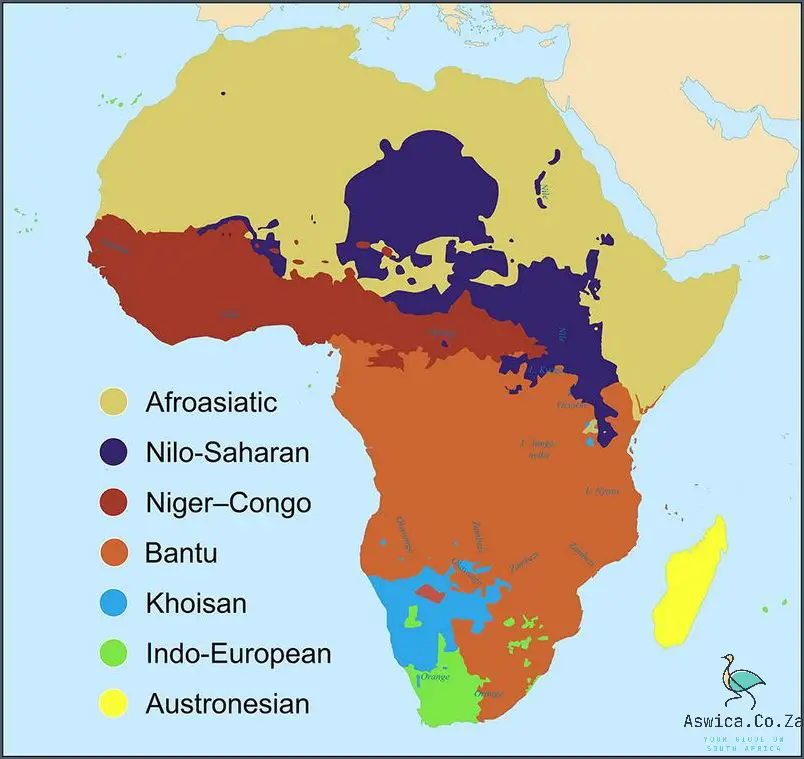
In order to answer this question, it is important to first understand the concept of language diversity. Language diversity refers to the number of languages spoken within a certain region. It is a measure of the variety of languages spoken, and provides insight into the cultural, historical and social diversity of a specific area.
The African continent is incredibly diverse in terms of language. The region boasting the most language diversity is the Central African Republic (CAR). This region is home to over 500 distinct languages, making it the most linguistically diverse region in Africa.
The CAR is home to a wide range of ethnic groups, each of which has their own language. This includes the Pygmies, the San, the Baka, and the Mbuti, to name a few. The region is also home to a variety of Bantu languages, as well as creole languages, which are spoken by many of the CAR’s immigrant populations.
Another region with a high degree of language diversity is the Democratic Republic of Congo (DRC). The DRC is home to over 400 distinct languages, making it the second-most linguistically diverse region in Africa. The DRC is home to a range of ethnic groups, including the Luba, the Kongo, the Ngbaka, and the Ngbandi, each of which has its own language. The DRC is also home to a variety of Bantu languages, as well as French, which is the official language of the country.
Other regions in Africa that boast a high degree of language diversity include Nigeria, which is home to over 500 distinct languages, and Cameroon, which is home to over 300 languages. These countries are both home to a range of ethnic groups, each of which has their own language.
In conclusion, Africa is a continent that is incredibly diverse in terms of language. The region with the most language diversity is the Central African Republic, which is home to over 500 distinct languages. Other regions with a high degree of language diversity include the Democratic Republic of Congo, Nigeria and Cameroon.

Factors that contribute to language diversity in Africa
Africa is a continent rich in history, culture, and language. For centuries, the African continent has been characterized by its linguistic diversity, with hundreds of languages spoken across its vast expanse. This linguistic richness is a testament to the continent’s complex past and the many influences that have shaped its linguistic landscape. In this article, we’ll explore some of the factors that have contributed to the linguistic diversity of Africa.
One of the primary factors that have contributed to the diversity of language in Africa is the continent’s long history of migration and trade. Throughout much of Africa’s history, different peoples, languages, and cultures have mingled and intermingled, with each group introducing its own language and customs to the mix. This process of cultural exchange has resulted in a highly diverse linguistic landscape, with a vast array of languages and dialects spoken across the continent.
Another factor that has contributed to the linguistic diversity of Africa is the continent’s unique physical geography. Africa is home to a wide range of environments, from the dense jungles of the Congo Basin to the arid deserts of the Sahara. Each environment has its own unique set of languages and dialects, which have developed to reflect the distinct cultural and environmental characteristics of the region.
Finally, the continent’s political history has also had an impact on the diversity of languages spoken in Africa. For centuries, the continent has been divided into a patchwork of nation-states, each with its own language and customs. This has led to a highly fractured linguistic landscape, with a wide range of languages and dialects spoken throughout the continent.
In conclusion, the linguistic diversity of Africa is a testament to the continent’s complex history and the many influences that have shaped its linguistic landscape. From the long history of migration and trade, to the continent’s unique physical geography, to its fractured political history, these factors have all played a role in the development of the continent’s vast array of languages and dialects.
Conclusion
It is clear that the African continent is incredibly diverse, both in terms of its languages and its cultures. When it comes to language diversity, it is hard to say definitively which region of Africa has the most. However, based on the available data, it seems that the western region of Africa, particularly in the countries of Nigeria and Cameroon, has the greatest linguistic diversity. This is likely due to the fact that these countries have a large number of different ethnic groups, each with their own language. Additionally, the countries of Nigeria and Cameroon have been historically difficult to conquer and colonize, which has allowed their linguistic diversity to thrive.


